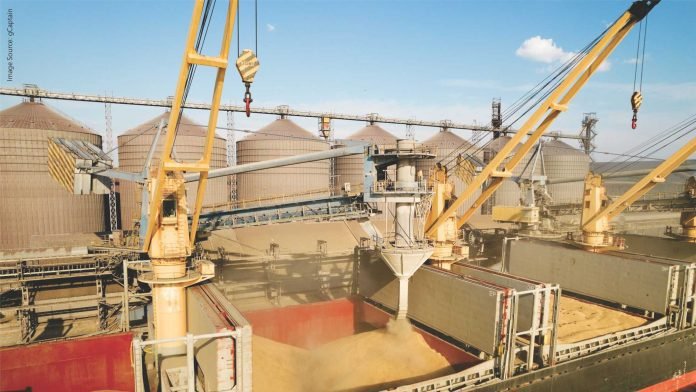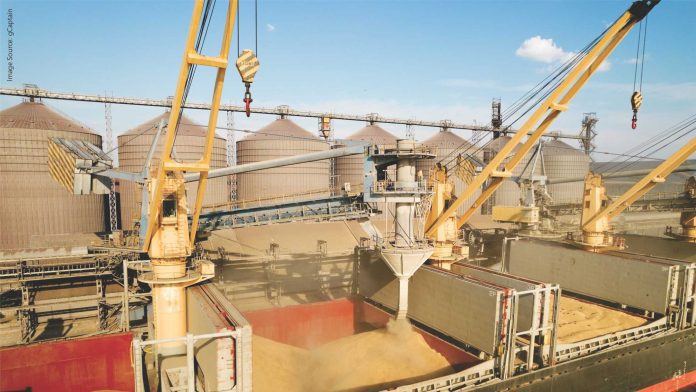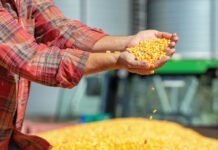A media article from Reuters stated that “China has approved 37 genetically modified maize seed varieties and 14 genetically modified soybean varieties, taking it close to commercial planting of GMO maize and soybeans.” This is not the first time China has made headlines about its path towards the potential commercialization of genetically modified maize and soybeans for domestic cultivation.
In June 2013, the Chinese National Crop Variety Approval Committee released two standards that cleared the path for cultivating genetically modified crops in the country. This was the missing piece in the regulations for the commercial production of genetically modified maize and soybeans in China, as the government has two steps in these regulations, namely, a “safety certificate” and a “variety approval” before crops can be commercially cultivated.
Various genetically modified maize and soybean varieties have received the safety certificate since 2019, and the missing piece was the “variety approval”, which was approved in June 2022. The recent news that the Chinese Ministry of Agriculture and Rural Affairs approved further varieties of genetically modified maize and soybean seeds further underscores China’s determination to plant these varieties. However, commercial cultivation is not yet approved.
The timing for wide-scale commercial release is still unclear, although some speculate it could be closer as China’s aims to boost its crop yields as part of the food security drive. The area plantings for the recently approved varieties are still reasonably small, estimated at 267,000 hectares.
China has no aversion to genetically modified crops. Currently, China imports genetically modified maize and soybeans but prohibits domestic cultivation of the crops, and the current regulatory developments signal a potential change. The change in regulations would potentially lead to an improvement in yields.
China’s maize yields are not particularly poor, although the country has not approved the genetically modified seeds for commercial release. In its current production methods, China’s maize yields are comparable with South Africa, the United States, Argentina and Brazil, which have long adopted genetically modified seeds. Thus, it is a suspicion that adopting genetically modified seeds will further lift the yields. Furthermore, in countries like the United States, Brazil and Argentina, amongst others, genetically modified seeds have had additional benefits such as lowering insecticide use, more environmentally friendly tillage practices and crop yield improvement.
If future crop yield improvement assumption holds, then China’s maize and soybean import dependence could lessen. China is one of the world’s largest maize and soybean importers. The country accounted for 11% of global maize imports and 62% of the world’s soybean imports in the 2022/23 marketing year. The forecast volumes for the 2023/24 marketing year remain roughly unchanged. Therefore, given China’s significance in imports, an improvement in domestic production of maize and soybeans in future would have notable implications for global grains trade and prices. A reduced volume of China’s soybeans and maize imports in the global market would mean downward pressure on global prices.
Implications for the African continent
Beyond the global price implications, African countries, which have long resisted cultivating and importing genetically modified crops, should keep a close eye on these developments. South Africa is the only exception that has embraced genetically modified crops since the 2001/02 season. The country has also enjoyed improvements in yields and is now a leading producer of grains in the region.
Notably, although the yields are also influenced by improved germplasm (enabled by non-genetically modified biotechnology) and improved low and no-till production methods (facilitated through herbicide-tolerant genetically modified technology), other benefits of genetically modified seeds include labour savings and reduced insecticide use as well as enhanced weed and pest control. Hence, with the African continent currently struggling to meet its annual food needs, using technology, genetically modified seeds, and other means should be an avenue to explore to boost production. Many African governments should reevaluate their regulatory standards and embrace technology.
South African farmers and agribusinesses should also closely monitor the developments in China. The increase in production in other parts of the world, specifically in maize, where South Africa is a net exporter, could bring increased competition and downward pressure on prices in the medium term. Some of South Africa’s key maize export markets are South Korea, Japan, Taiwan and Vietnam, and all have proximity to China.
Source: Agricultural Economics Today













